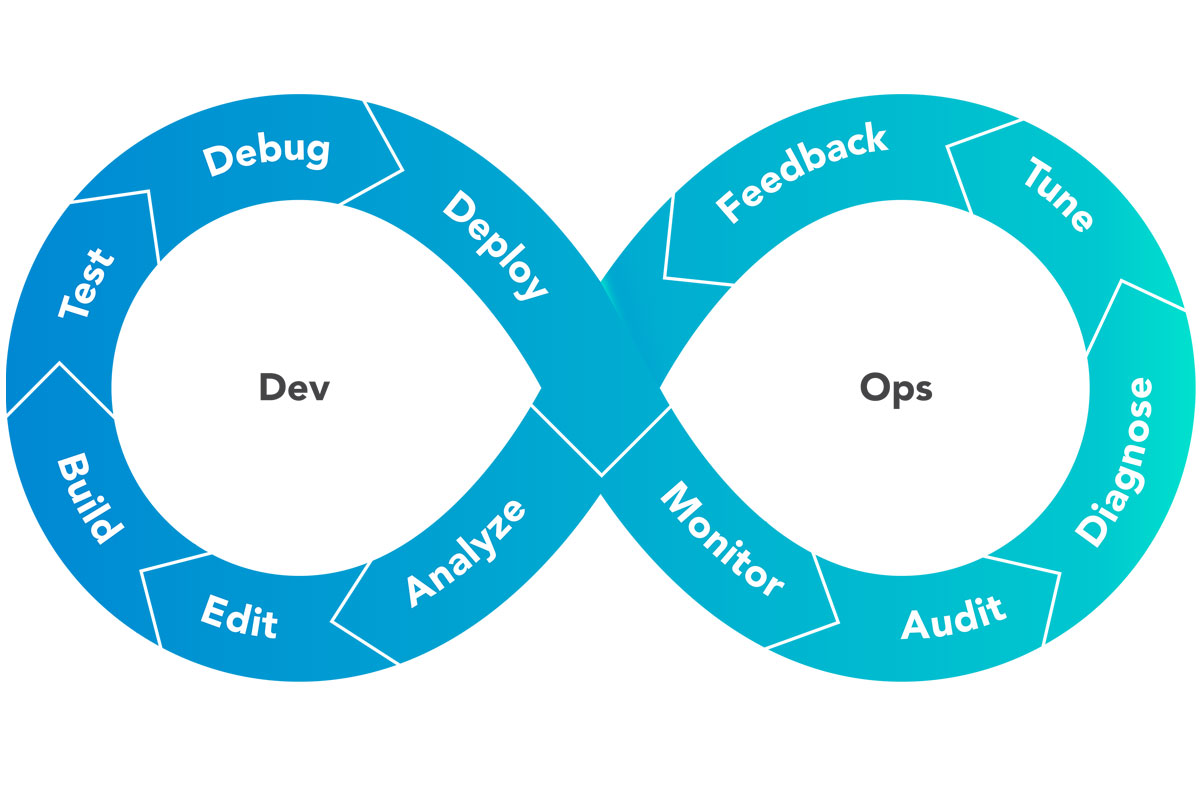DevOps is a term for a group of concepts that, while not all new, have catalyzed into a movement and are rapidly spreading throughout the technical community. Like any new and popular term, people may have confused and sometimes contradictory impressions of what it is. Here’s my take on how DevOps can be usefully defined; I propose this definition as a standard framework to more clearly discuss the various areas DevOps covers. Like “Quality” or “Agile,” DevOps is a large enough concept that it requires some nuance to fully understand.
Definition of DevOps
DevOps is a new term emerging from the collision of two major related trends. The first was also called “agile infrastructure” or “agile operations”; it sprang from applying Agile and Lean approaches to operations work. The second is a much expanded understanding of the value of collaboration between development and operations staff throughout all stages of the development lifecycle when creating and operating a service, and how important operations has become in our increasingly service-oriented world (cf. Operations: The New Secret Sauce).
One definition Jez Humble proposed to me is that DevOps is “a cross-disciplinary community of practice dedicated to the study of building, evolving and operating rapidly-changing resilient systems at scale.”
That’s good and meaty, but it may be a little too esoteric and specific to Internet startup types. I believe that you can define DevOps more practically as

Where Did DevOps Come From?
Despite the mythical tone of some of the stories about its origins, DevOps was not created out of whole cloth. Rather, the seeds of DevOps were planted long ago and have been nurtured by forward-thinking IT experts in a number of disciplines.
DevOps is also characterized by operations staff making use many of the same techniques as developers for their systems work.


Very well explained and useful.